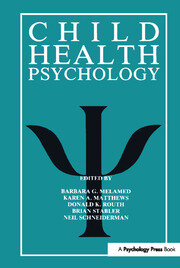Handbook for Teaching Statistics and Research Methods
This volume presents a collection of articles selected from Teaching of Psychology sponsored by APA Division 2. It contains the collective experience of teachers who have successfully dealt with students' statistics anxiety resistance to conducting literature reviews and related problems. For those who teach statistics or research methods courses to undergraduate or graduate students in psychology education and the social sciences this book provides many innovative strategies for teaching a variety of methodological concepts and procedures in statistics and research methods courses. | Handbook for Teaching Statistics and Research Methods

















































